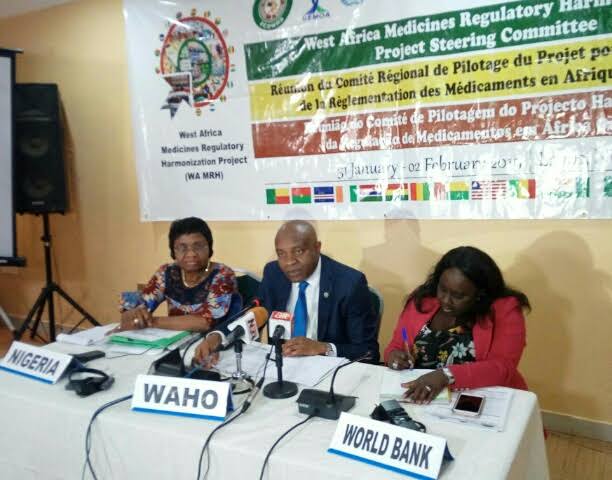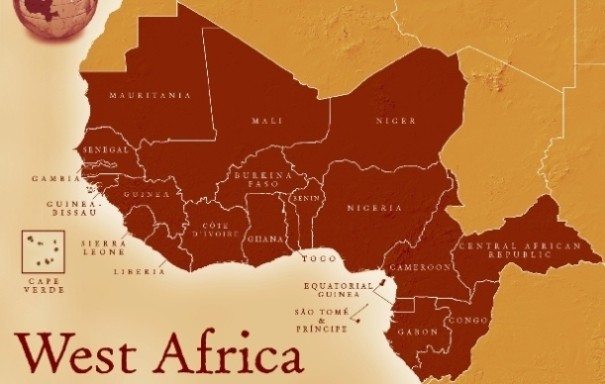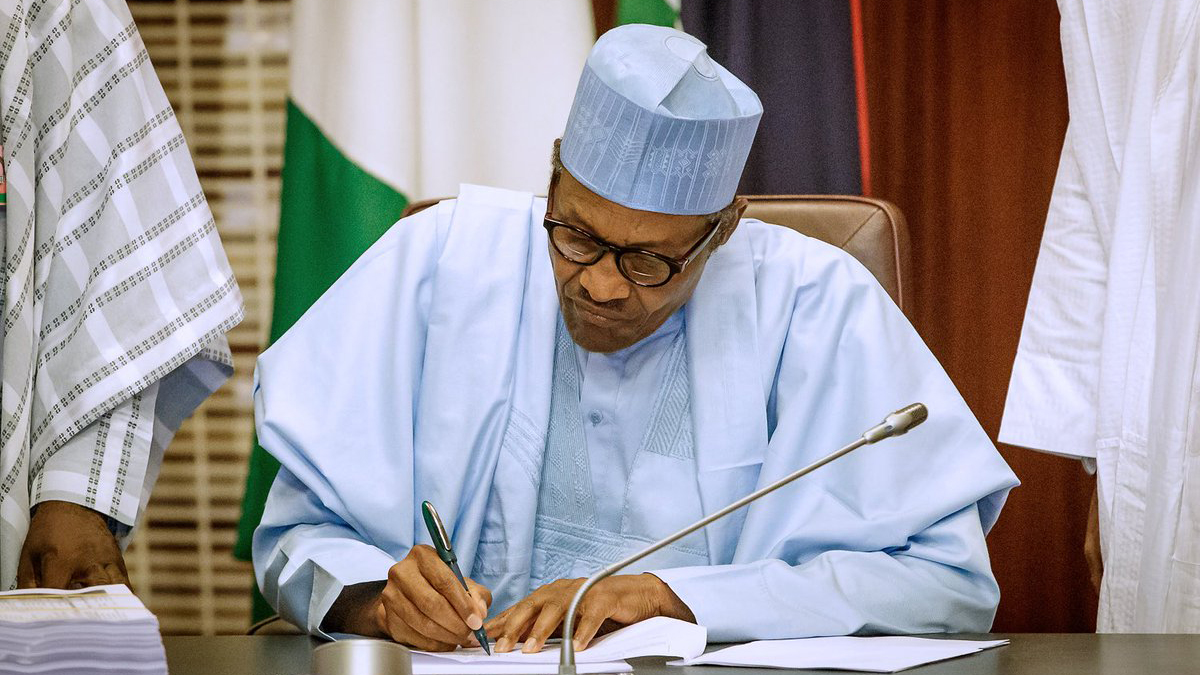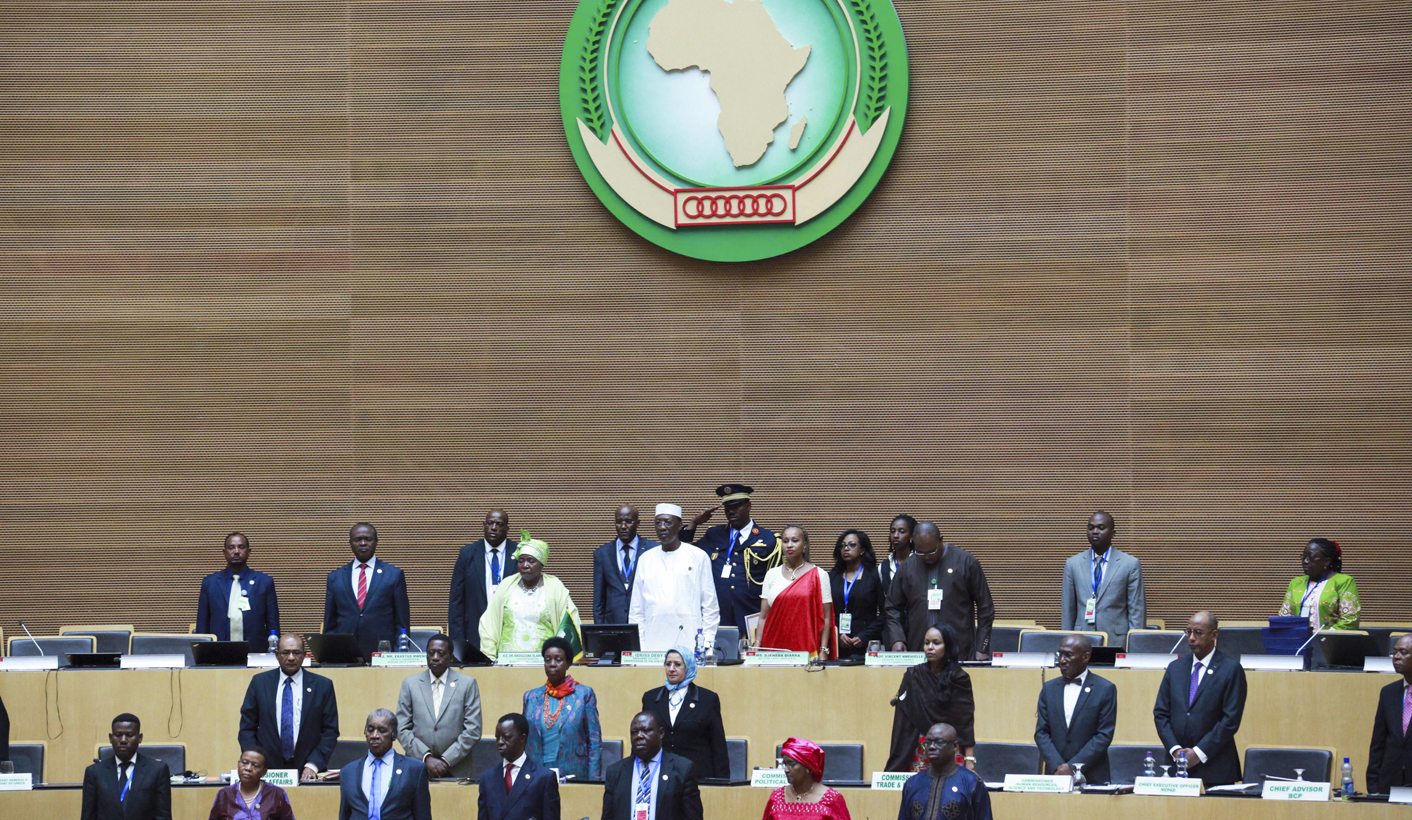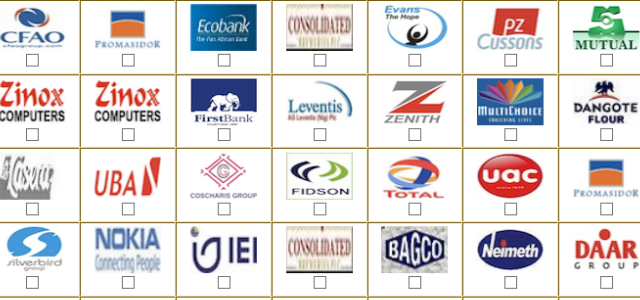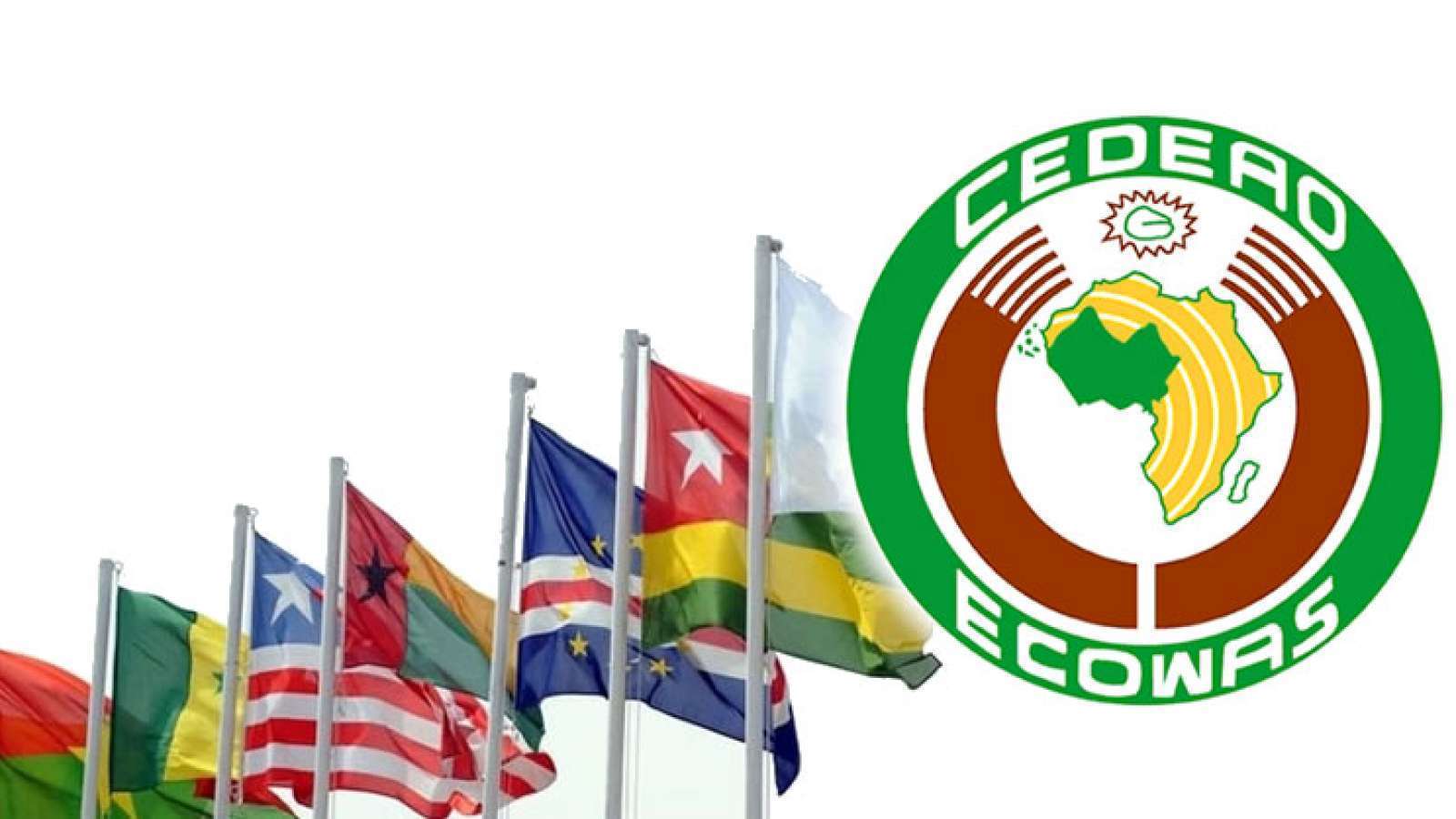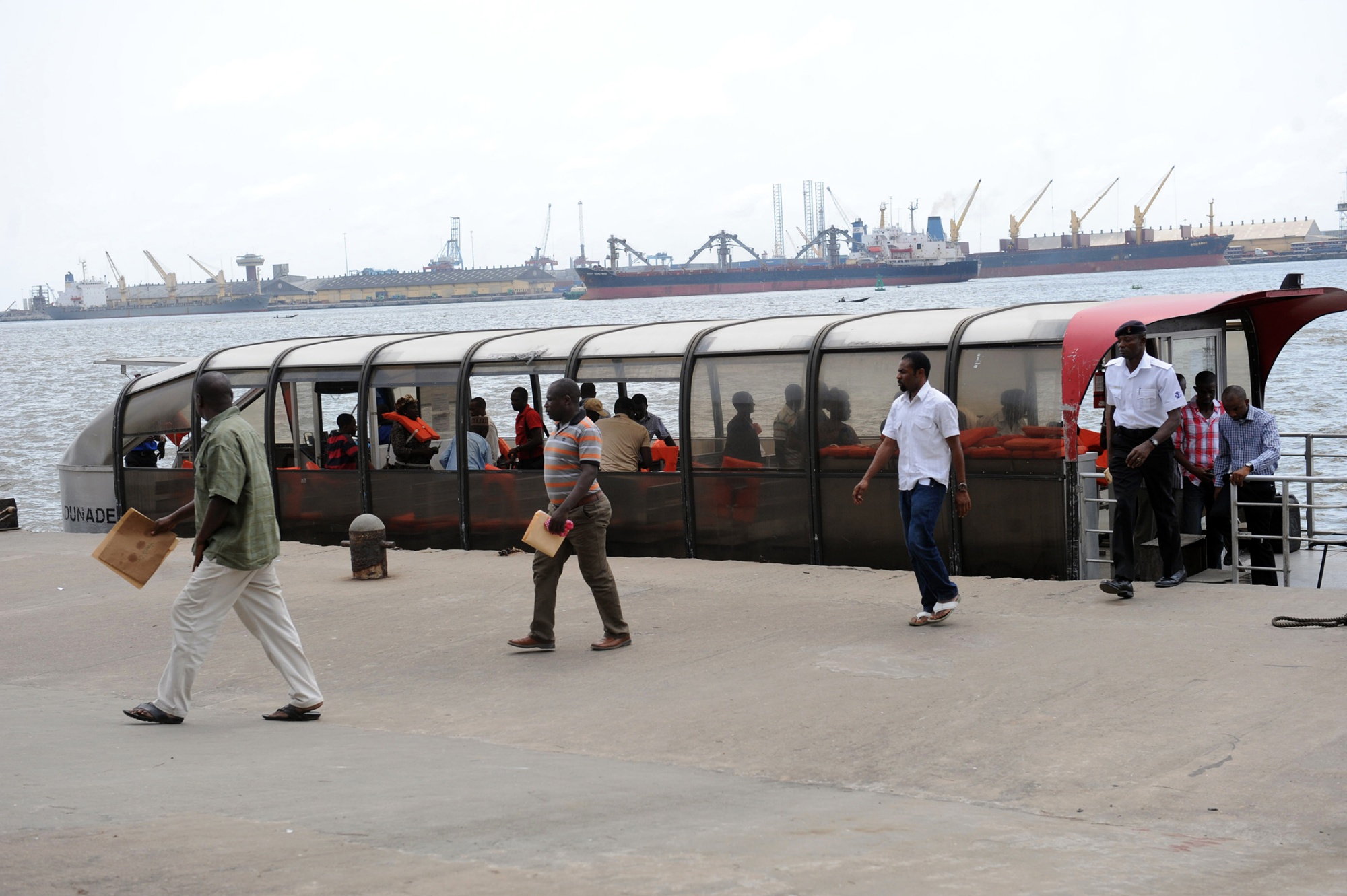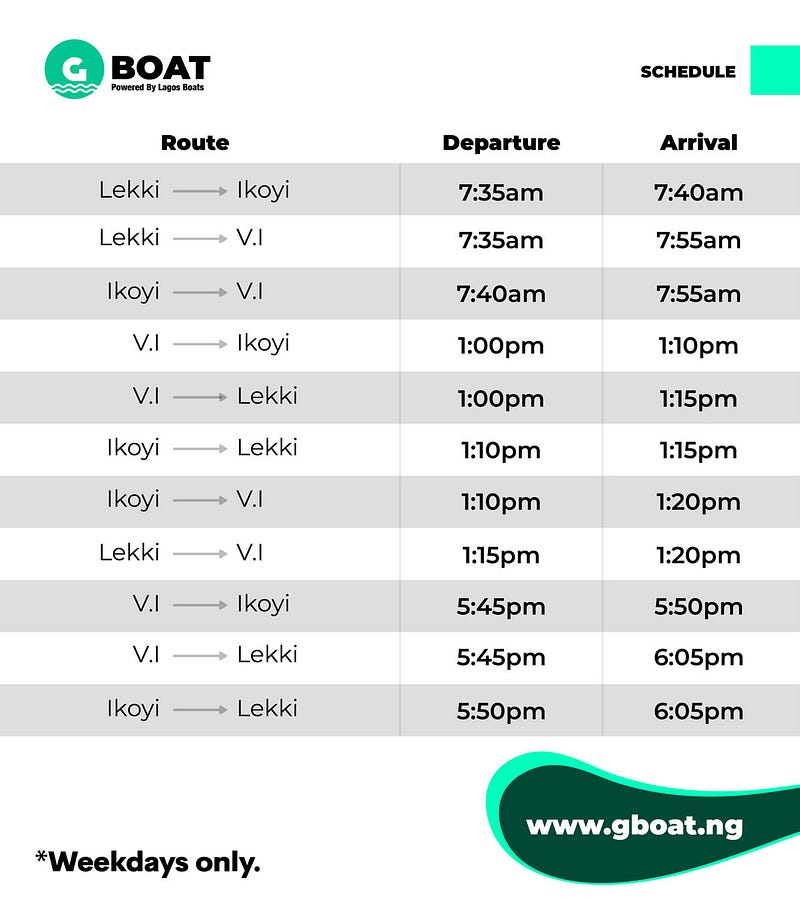West African Countries to Adopt Technology for Disease control
The spate of communicable diseases (CDs) and other tropical diseases within the West African sub region is giving both governments and health authorities a lot of concern. To mitigate on this, the West African Health Organisation (WAHO), made up of the 15 member countries of ECOWAS are leveraging technology that will help to prevent hem prevent cross-border outbreaks of epidemics including Ebola, cholera, yellow fever, Lassa fever, measles, onchocerciasis and meningitis. This was made known yesterday after the presentation of range of health systems aimed at strengthening solutions in Nigeria and West Africa by representatives of BroadReach Consulting during the just concluded Nigeria Implementation Science Alliance conference in Abuja. This will be achieved by employing the Regional Actions Through Data known as RAD program which is funded by the United States Agency for International Development (USAID).

Speaking on the development, the Acting Program Director Regional Actions Through Data at BroadReach Consulting Dr Uchenna Nwokenna, said that every year, infectious diseases such as Ebola and malaria claim the lives of about five million Africans, and the inability to monitor and share information at scale has been a major set-back in the control of outbreaks. He further noted that these outbreaks have major, far-reaching implications for the communities they affect. He added that “we believe that the prevention and control of infectious disease outbreaks is possible when you combine human ingenuity and technology.”
BroadReach Consulting with headquarters in Cape Town, South Africa is the implementing partner of Vantage Technologies, a Swiss registered software development company, works with various partners in many African countries, including the PEPFAR-funded grant for USAIDS’s five-year epidemic control program in South Africa, called APACE (Accelerating Program Achievements to Control the Epidemic). Vantage Technologies leverages big data to help strengthen healthcare systems in emerging economies.
That is why WAHO is exploring innovative uses of technology to support improvement of the production, dissemination and use of health information through weekly and quarterly epidemiological bulletins, regional health profiles and a regional statistical yearbook. It also hopes to use it to strengthen cross-border health and epidemiological surveillance through the cross-border health mapping, monitoring of epidemic-prone diseases (EPDs) vaccination and HIV programmes, and cross-border collaboration.
RAD is using the ‘Disease Threat Management Solution’ of BroadReach Consulting, which leverages Vantage technology to track and analyse data for major infectious diseases, including Ebola, Onchocerciasis and Cholera, in each country.
Vantage collates and digests a large amount of indicator data from different countries to produce a weekly Epidemiology Bulletin. The weekly bulletin is circulated among senior health officials and, should there be a risk of an outbreak or an actual occurrence in a border region, the relevant agencies are alerted and guided to mobilise resources and take effective action to prevent or contain the outbreak.
The ‘Disease Threat Management Solution’ is a breakthrough in the control of disease outbreaks because it utilises multi-source and multi-country data for expedited response and decision making. Previously, when an outbreak occurred in one country, a neighbouring country might have learnt of the risk only after it emerged within its borders. The inability to monitor and share information at scale has been a major set-back in the control of infectious disease outbreaks, until now.
Kelechi Deca

Kelechi Deca has over two decades of media experience, he has traveled to over 77 countries reporting on multilateral development institutions, international business, trade, travels, culture, and diplomacy. He is also a petrol head with in-depth knowledge of automobiles and the auto industry.

